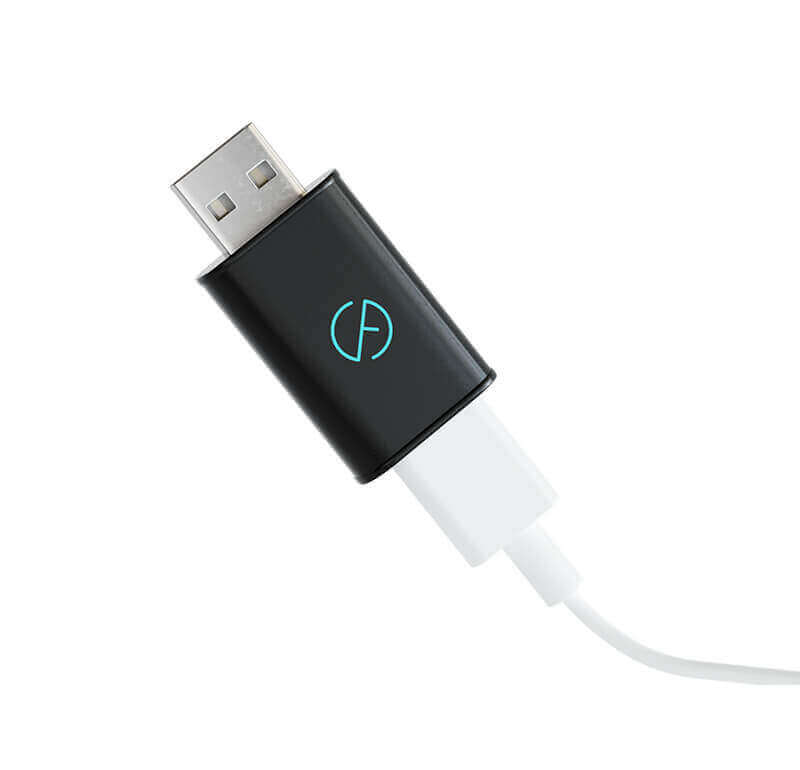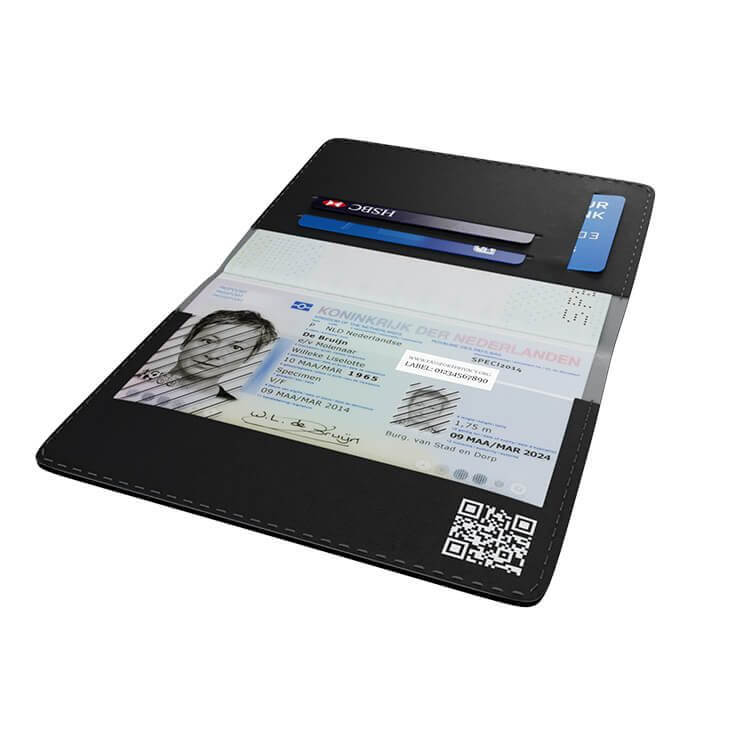
Did you know that when you plug your iPhone into a public USB port at an airport you might be putting your personal data at risk? By adopting a privacy-aware mindset when traveling, you can protect yourself from potential privacy problems such as identity theft, juice jacking, card skimming, and fraud. During each stage of your trip, there are easy steps you can take to protect your privacy!

The best privacy protection begins before your trip even starts. Start by anticipating potential privacy problems ahead of time (like by reading articles such as this one 😉 ). By anticipating what future issues might pop up, you can take a few simple steps to protect yourself.
There are several moments during your time at the airport in which you should be especially privacy-aware including when you are connecting to the WiFi and charging your devices.

This Spy-Fy USB Data Blocker can easily fit into your packed bag. You plug your device into the data blocker and then can plug the data blocker into the USB charging port. The data blocker prevents files from being secretly transferred from your devices in case you plug into a compromised USB port.

If you are looking for a new wallet, you might consider the RFID Blocking Card Holder to keep your cards safe and easy to access!
After your trip, there are a few steps that you can take to make sure your privacy stays protected.